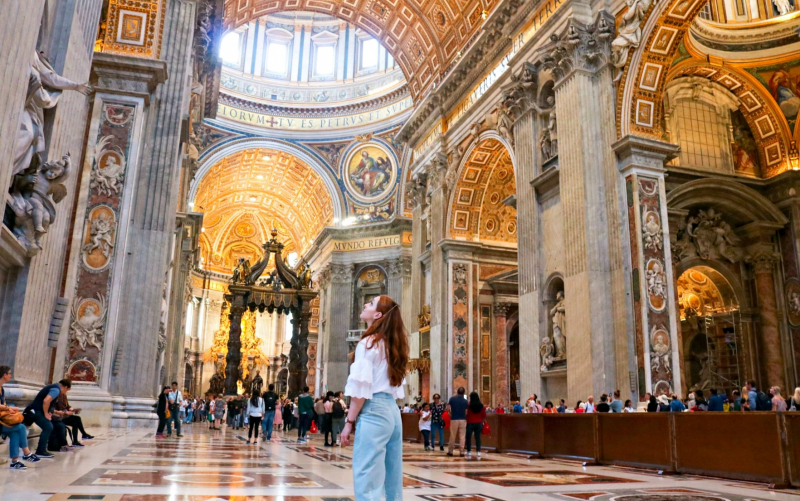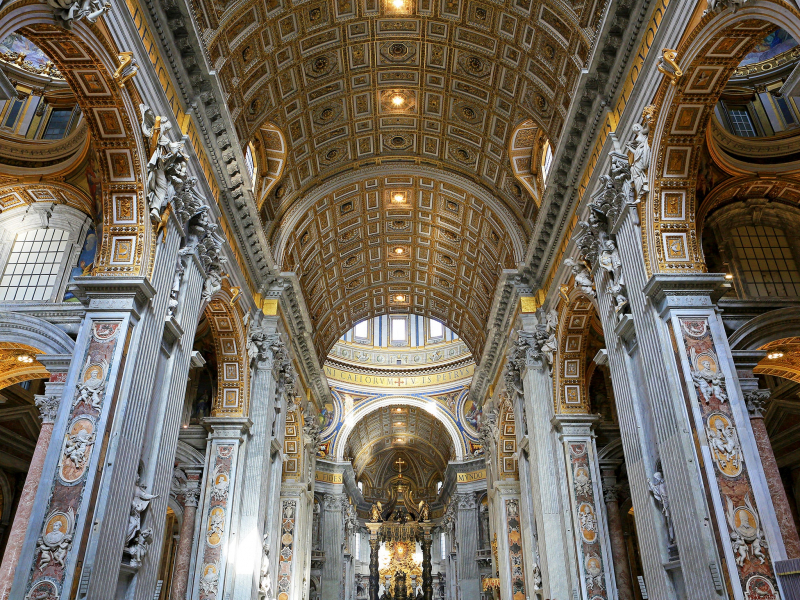Religion
The prevalence of Christianity and the growing diversity of religious practices, beliefs, and denominations in Italy are characteristics of the country's religious landscape. The Catholic Church, whose headquarters are in Rome's Vatican City, is the religion that the majority of Christians in Italy follow. Since the first century, Christianity has existed on the Italian Peninsula.
According to the Pew Research Center's 2012 Global Religious Landscape survey, 83.3% of the nation's citizens identify as Christians, 12.4% as irreligious, atheist, or agnostic, 3.7% as Muslims, and 0.6% as practicing another religion. Other sources provide varying accounts of Italy's 2% or so Muslim population. Other reports claim that up to 10% of locals, including Italian citizens and international inhabitants, practice a religion other than Catholicism.
The majority of people who practice a religion are Muslims, who are then followed by Eastern and Oriental Orthodox Christians, Protestants, Jehovah's Witnesses, Buddhists, Hindus, Sikhs, and Jews. 58% of Italians, according to the 2017 Being Christian in Western Europe Pew study, place a high or moderate value on religion.
The survey's only nation where there were more practicing Christians than non-practicing ones was Italy. After Poland and Ireland, Italy has the third-highest weekly church attendance percentages among the members of the European Union. Francis of Assisi and Catherine of Siena are the Catholic nation of Italy's patron saints.










